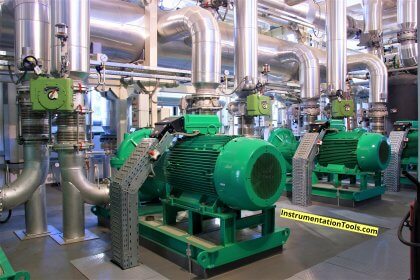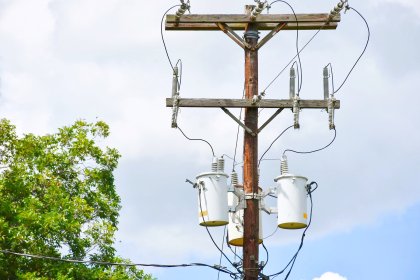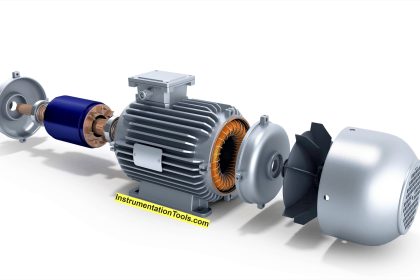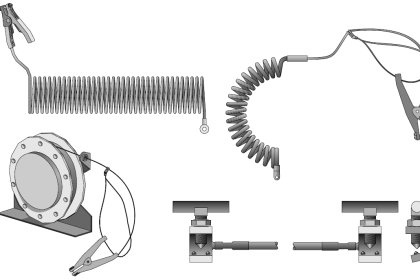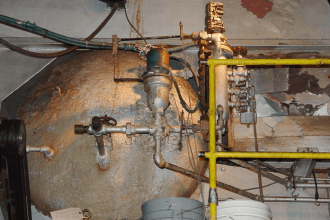Whenever you use an electrical wire, you must have thought why you do not get an electrical shock on touching it, if it is live. This is because an insulator material is used to cover the conductor wire and does not expose it to the external environment.
The insulation is thus used to protect the persons as well as the nearby environment from electric shocks and also protect the conductor from any external noise. So, it is necessary for an engineer who designs an electrical wire to understand the concept of insulation properly. In this post, we will see the outcome of wire Insulation.
What is insulation?
Electrical atoms have two properties – conduction and insulation. The ones that allow electricity to pass are called conductors and the ones that block electricity flow through it are called insulators. They don’t pass electrical current and if ever you want to pass current through it, then you will require a very high voltage to make it pass. This is called the breakdown voltage.
But, in normal scenarios, this voltage is rarely applied deliberately. So practically, insulators are electrical objects that do not allow electricity to pass through them. In electrical terms, it is also called a dielectric. If the insulation is strong, then the wire too will last long, as it will be less prone to external contacts and environment.
Also, electrical insulation is so strong that they do not allow even leakage current to pass, which thus helps in accidentally getting in contact with nearby wires.
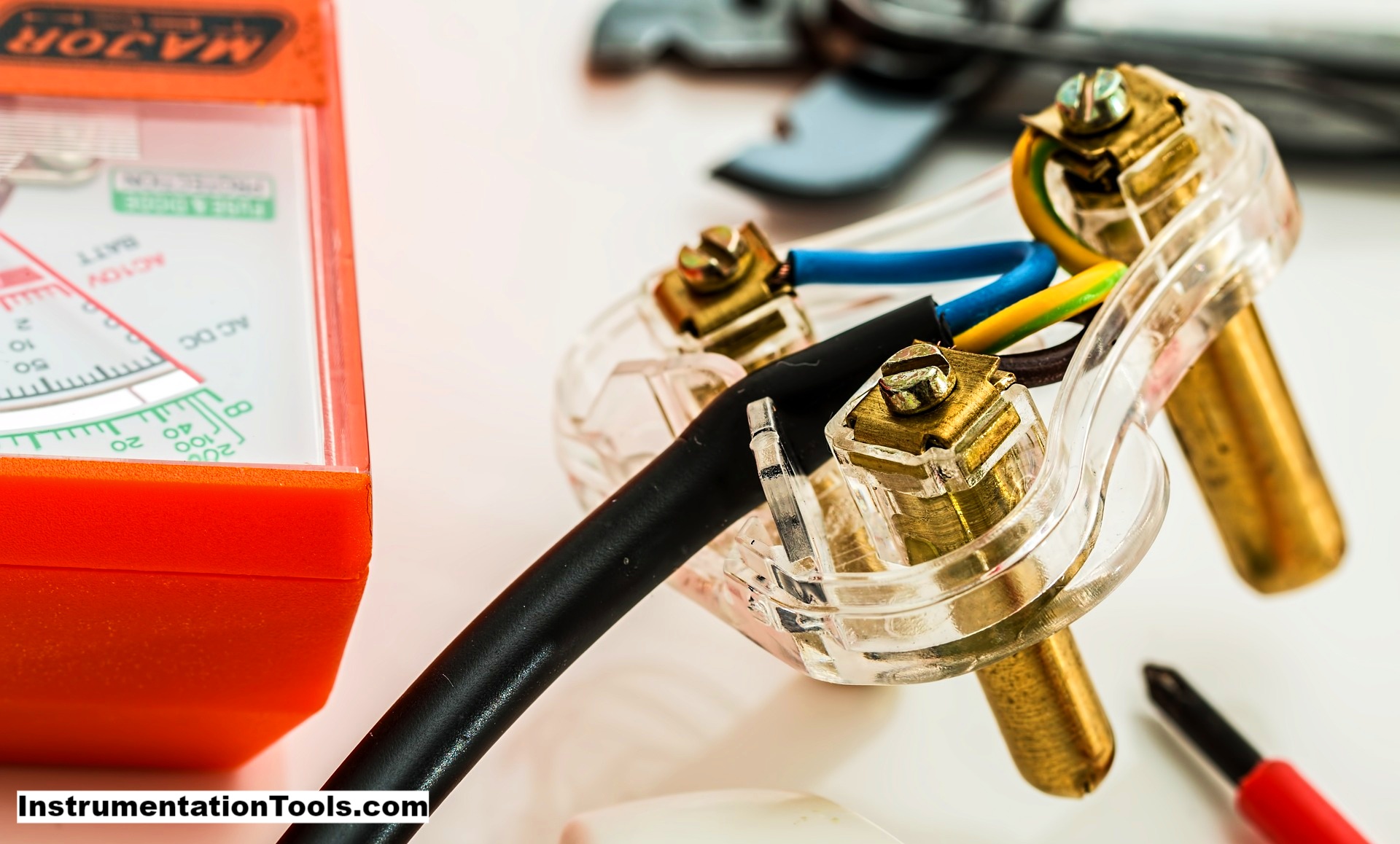
How to Choose the Right Insulation?
Well, this question is the most asked one by engineers. Because, the whole thing is surrounded by this answer and if we don’t choose the right one, then the wire may get damaged and even nearby personnel will face danger.
Take a look at the below points for considering selection criteria.
Approving body
There are many approvals in the world standards set for choosing the right insulation, like UL (Underwriter Laboratories), CSA (Canadian Standards Association), CE (Conformite Europeenne), SAE (Society of Automotive Engineers) and ISO (International Organization for Standardization).
As you can see by names, these are standards set by different countries or continents as per their work for approving a product and saying that it is safe to use. An insulator with any of these marks is safe to use.
Operating Voltage
As discussed earlier, a breakdown voltage can cause an insulator to conduct. So, the operating voltage of a wire using an insulator must always be less than this voltage.
Ambient temperature
The temperature has an adverse effect on any product. Even in the case of insulators, excess high temperature can affect its quality and working. This is because as per electrical standards, as temperature increases, the resistance decreases. And as insulators are all about resistance, drop in it is of no use.
Durability
Durability defines how the insulation will perform in any rugged condition or environment. Then be it chemical corrosion, environment corrosion, moisture, fire, or high temperatures, the insulator with the highest durability must be chosen for the wires.
Materials used for Wire Insulation
Now that we have seen what is insulation and what is the selection criteria for the same, let us have a look at the materials used for insulation making.
Plastic
It is the most widely used material in wire Insulation. This is because it has the highest durability and resistance to the external environment. They increase energy efficiency and contribute a lot to the environment. Also, they have a long lifeline and can be recycled easily.
Some of the common types of plastic insulation are
- polyvinyl chloride (PVC),
- Semi-rigid PVC,
- Plenum PVC,
- Polyethylene,
- Polypropylene, and
- Nylon.
Rubber
Plastics tend to lose their performance at lower temperatures. They tend to lose their durability. For this reason, particularly for this environment, rubber material is used.
Some of the general types of rubber insulation materials are
- Thermoplastic,
- Silicone,
- Ethylene propylene,
- Polychloroprene, and
- Fiberglass.
Fluoropolymer
When it comes to chemicals and another acidic environment, this material is the best used as it offers the highest possible durability.
Some of the most widely used materials in this type are
- polytetrafluoroethylene,
- ethylene tetrafluoroethylene,
- polyvinylidene fluoride,
- perfluoro alkoxy, and
- fluorinated ethylene propylene.
As the name implies, all these materials are related to chemicals.
If you found this article informative and engaging, we encourage you to consider subscribing to our YouTube Channel, where you can access video tutorials covering topics such as Instrumentation, Electrical, PLC, and SCADA.
For daily updates and to stay connected with our latest content, be sure to follow us on Facebook and Twitter.
To further expand your knowledge, we recommend checking out our next insightful articles.
Read Next:
- Single Core and Multi-Core Cables
- Difference Between HV and LV Cables
- Types of Cables in Industrial Automation
- Instrumentation Cables Testing Steps
- Flame Resistant and Retardant Cables
